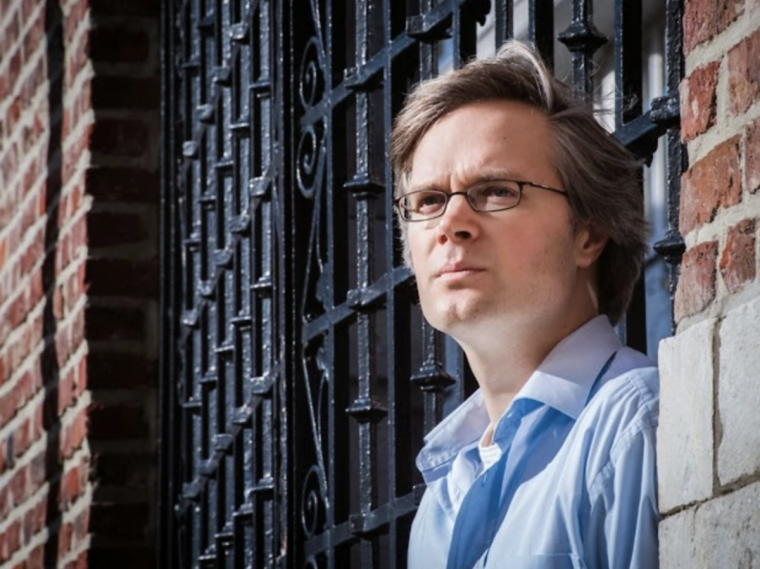European court's ruling on Belgian euthanasia laws is 'important win for life'

Europe's top court has dismissed a challenge against Belgium's legal framework for euthanasia but found that it violated the European Convention on Human Rights in how it reviewed the circumstances surrounding a 64-year-old woman's death.
The case was taken to the European Court of Human Rights by Tom Mortier, son of Godelieva de Troyer, who died by lethal injection in 2012 on the basis of a diagnosis of "incurable depression".
It challenged whether Belgium's euthanasia laws violated the European Convention on Human Rights and specifically Article 2, which enshrines the right to life for all under law.
The court found that there was no violation of the right to life in two out of four counts relating to Belgium's legal framework for euthanasia and the conditions in which de Troyer's euthanasia was carried out.
There was also no violation of Article 8 and right to respect for private and family life according to the court, which concluded that doctors had done everything reasonable to ensure de Troyer informed her family about her request for euthanasia, while protecting her privacy.
The court did, however, find that Belgium violated the European Convention on Human Rights on the grounds of the length of the subsequent criminal investigation and the way that it carried out the post-euthanasia review.
Two separate criminal investigations into de Troyer's euthanasia together spanned nearly five years. The court found that the first of these investigations had been marked by a "lack of diligence" and that taken as a whole, they "had not met the requirement of promptness required by Article 2 of the Convention".
The court also cited a "lack of independence" in the federal review board for euthanasia.
ADF International barrister and deputy director, Robert Clarke, who represented Mr Mortier before the court, said that the judgment recognising a violation of the right to life on one count was "an important win for life" and "demonstrates the inadequacy of 'safeguards' for the intentional ending of life".
"The decision counters the notion that there is a so-called 'right to die,' and lays bare the horrors that inevitably unfold across society when euthanasia is made legal," he said.
"Unfortunately, while the court indicated that more 'safeguarding' is an appropriate solution to protecting life, in its own ruling it makes clear that laws and protocols were indeed insufficient to protect the rights of Tom's mother.
"It is unfortunate that the Court dismissed the challenge to the Belgian legal framework; however, the takeaway is that the 'safeguards' touted as offering protection to vulnerable people should trigger more caution toward euthanasia in Europe, and the world.
"The reality is that there are no 'safeguards' that can mitigate the dangers of the practice once it is legal. Nothing can bring back Tom's mother, but we hope this decision offers Tom some small measure of justice."











